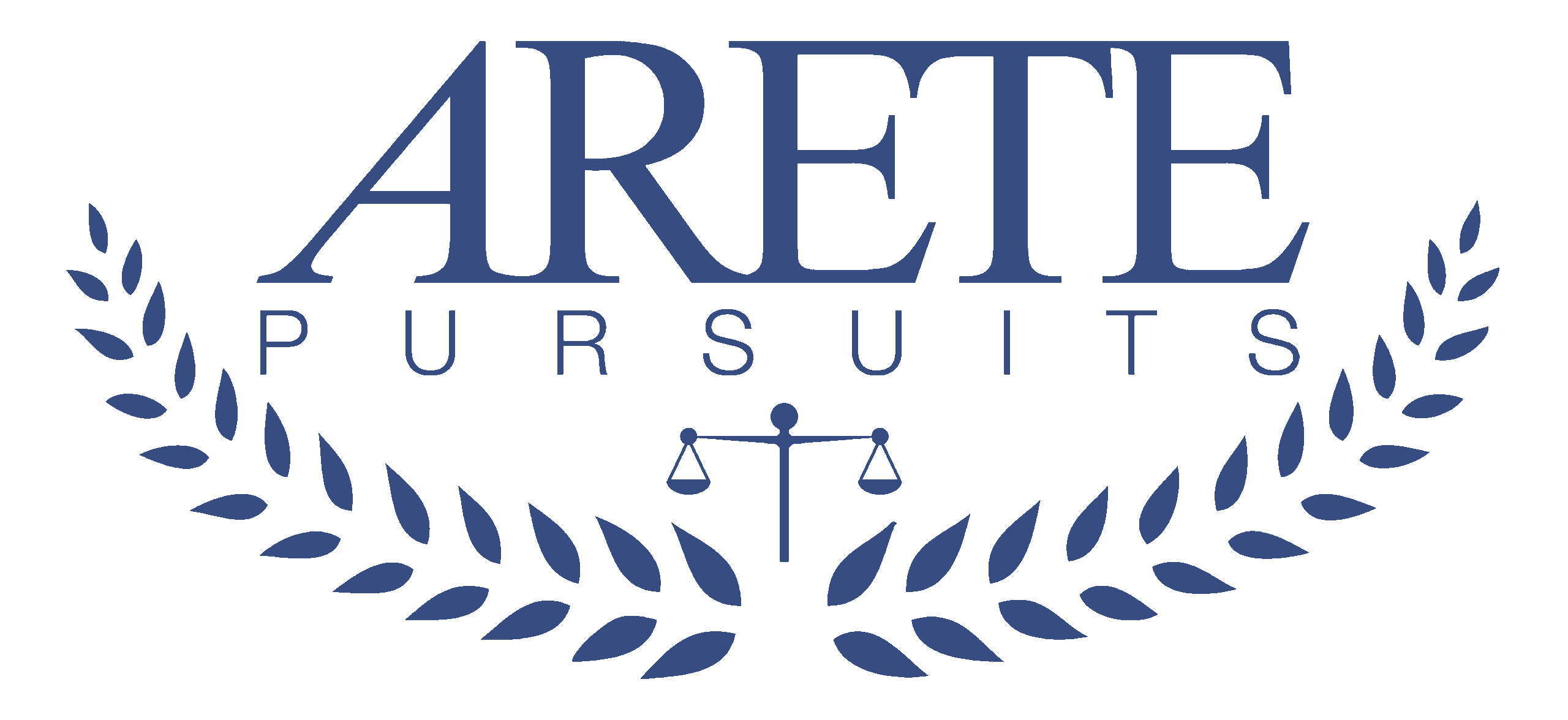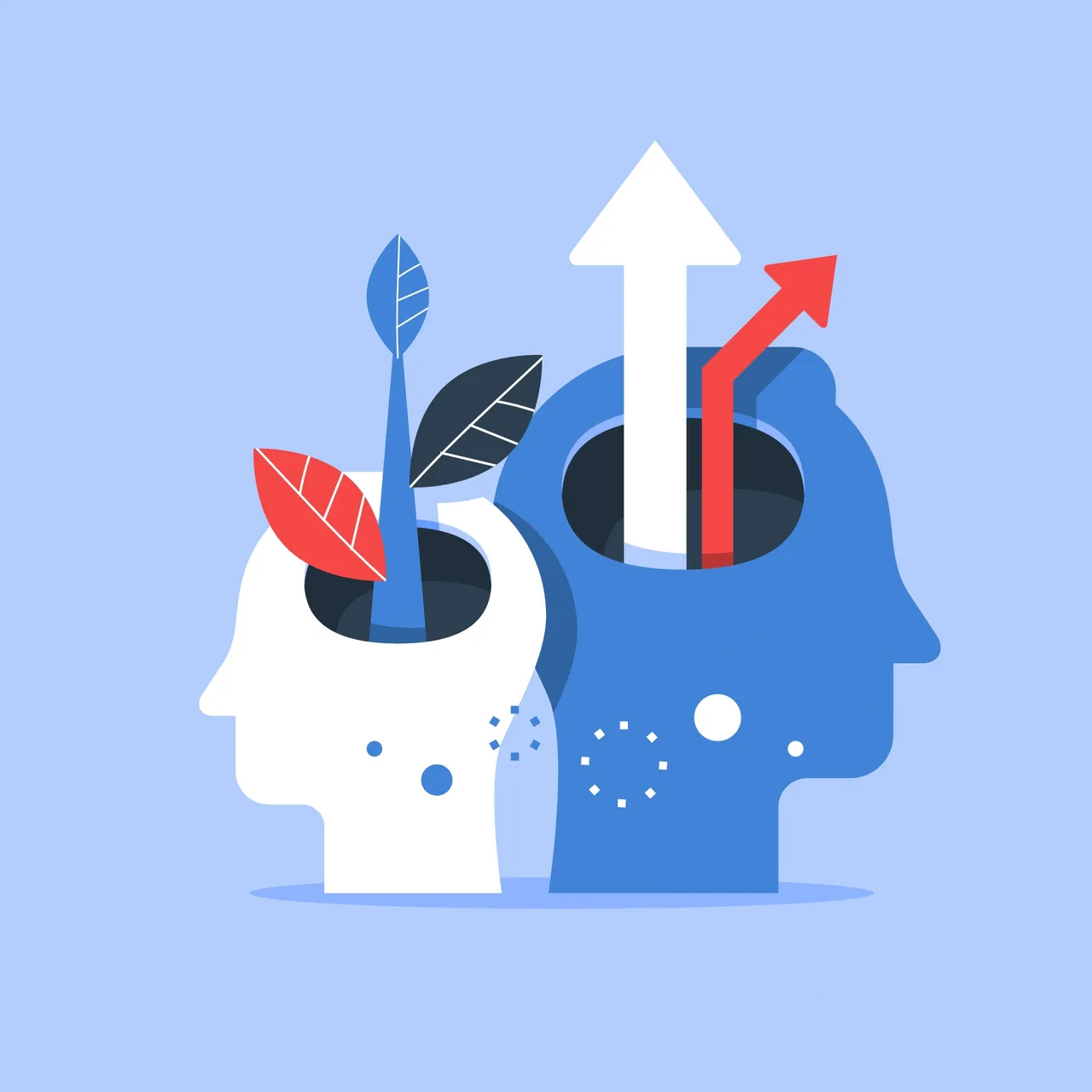I recently wrote about raising our awareness in relationships, including our self-awareness, other-awareness, and us-awareness. This is one of many ways we can leverage awareness to grow and develop ourselves. Investing in your personal growth and evolution is the most important thing you can do to flourish as a leader and a human. Today we will explore some other ways to build our awareness.
Growth Mindset
You are probably aware of the term growth mindset by now. We operate from a fixed mindset when we hold the perspective that we cannot change.
I am not a strategic-thinking person.
When we hold a growth mindset, we recognize that we always have the ability to change and grow. The simplest way to shift from a fixed mindset to a growth mindset is to append the word “yet.”
I am not a strategic-thinking person yet.
Understanding growth mindset can be one powerful tool to build your awareness. As you embrace the concept, you begin to observe countless scenarios where you and those around you act from a fixed mindset. Bringing this into your awareness allows you to challenge the subconscious assumption that you are incapable of change.
How can you put this into practice deliberately? I recommend keeping a journal and capturing the instances where you observe yourself or someone else making either a fixed or a growth mindset statement. Set aside time to review and reflect upon these statements and challenge the fixed mindset statements. How can you disprove them?
In my own experience, the more I embrace a growth mindset, the more it opens up my awareness to new layers of subconscious beliefs. Time and again, I dig deeper, find something I considered a fact of my existence, and after reflection, I realize it’s within my ability to change it.
Battling Weight
I have worked hard over the years to get my weight where I wanted it to be, and much harder to keep it there once I finally got there. I am happy with my success in this area, and I learned a few things about myself along the way:
- If I want to keep the weight off, I must track it
- I love sweets
After years of experimentation and gathering data, I found my magic number. I tracked everything I ate with MyFitnessPal, which also considered the calories I burned while exercising. I learned my net calorie target to maintain or lose weight. It’s proven remarkably reliable for me. It then came down to having the willpower to stay within that number and not eat too many sweets.
This process worked so well for so long that I began to hold these statements as facts:
- I must track my calories to keep the weight off. Without accountability, I will gain weight.
- I am not capable of eliminating sweets from my diet, only managing them with calorie tracking.
As I prepared for the Flying Pig Marathon* last week, I cranked up the discipline for the final month of preparation. I decided to eliminate all sweets. I did this successfully for four weeks. Each time I found myself craving something sweet, I stopped and reflected. I had drawn the decision to eat something sweet out of my subconscious and into the realm of awareness. In so doing, I began to uncover the sources that drove me to eat sweets. I have less willpower and am more tempted when I’ve had a long, stressful day. I crave sweets as comfort food when I have an acute stressful moment. Committing to eliminating them raised my awareness, which fed my success (pun intended).
As the month unfolded, I dragged the other statement into my awareness. I held a fixed mindset belief that I must track my calories to keep the weight off. If you track what you eat, you can appreciate how exhausting this can be. It’s tedious, and MyFitnessPal, which I have used for years, has become increasingly unstable, freezing on me and crashing regularly.
As I became aware of the belief and began challenging it, I realized I held a fixed mindset. I observed how I had just disproved my belief about sweets. Is my willpower so poor that I can’t eat a healthy diet without tracking every calorie? I made a commitment. After the marathon, I would retire MyFitnessPal. I would not use the app if my weight stayed under a certain threshold. It’s an experiment. If I can’t keep the weight off, I’ll bring it out of retirement.
What I’m finding is unexpected. The joy of not being tethered to the app may be all the incentive I need. It feels liberating to eat when I want to eat and not overthink the portion size, how to log it, etc. Every time I go for something unhealthy, that potentially unhealthy choice is dragged into my awareness. I now reflect upon the potential consequences and make an informed, aware decision rather than a mindless one.
Personality Assessments
Perhaps you have completed one of the big three personality assessments – DiSC, Myers-Brigg, or the Enneagram. I love Everything DiSC® and use it with all my clients. It offers incredible insights into their interpersonal style and how it may differ from the style of others, which in turn helps them tailor their interactions.
I have recently changed the way I talk about DiSC with my clients. One of the most common questions is, “Can my style change over time?” The standard answer is that your style doesn’t tend to change much. I never loved that answer, especially since my style changed from i to D to Si as my role evolved over the years.
Do you see the problem here? We embrace a fixed mindset when we tell people their style won’t change. Now this may be based on historical data. Many people hold a fixed mindset in many aspects of their lives. Many people probably do not change much over time. This is not to say, however, that people cannot change. As my awareness has kicked in around this question, I am seeing more and more instances where a person’s current style is clearly influenced by their life experiences. In the question of nature vs. nurture, I can see lots of evidence that nurture is at work in shaping their style.
So now, when I get that question, I tell my clients, yes, their style can change. I share my own story as one example. What is most important about the assessment is to understand how you show up today. What aspects of your style do you consider to be strengths? Which parts would you like to change? Embrace and leverage the strengths. For the items you would like to change, drag them into your awareness. Begin to observe every time you act that way. Reflect upon why. Identify strategies that allow you to experiment with shifting how you show up.
Putting It Into Practice
I have given you several examples where awareness can help you shine a light on something you want to change and identify new possibilities for action. What is one area in your life where you would like to shift from a fixed to a growth mindset? Consider these possible domains:
- Professional
- Career
- Family
- Relationship
- Health and Wellbeing
- Play
- Money
- Spirituality
- Community
- The World
What is one belief you have been holding as a fact that you now realize could be changed? Design an awareness practice that allows you to reflect upon this belief at the moment when the situation arises.
Want to comment? Join the conversation on LinkedIn.
* How did it go, you ask? Fantastic. Despite a hilly course, thunderstorms, and torrential downpours, I ran 3:12:16, 7½ minutes faster than my previous best time. I also thoroughly enjoyed myself, which several people reminded me to do the week before the race!

